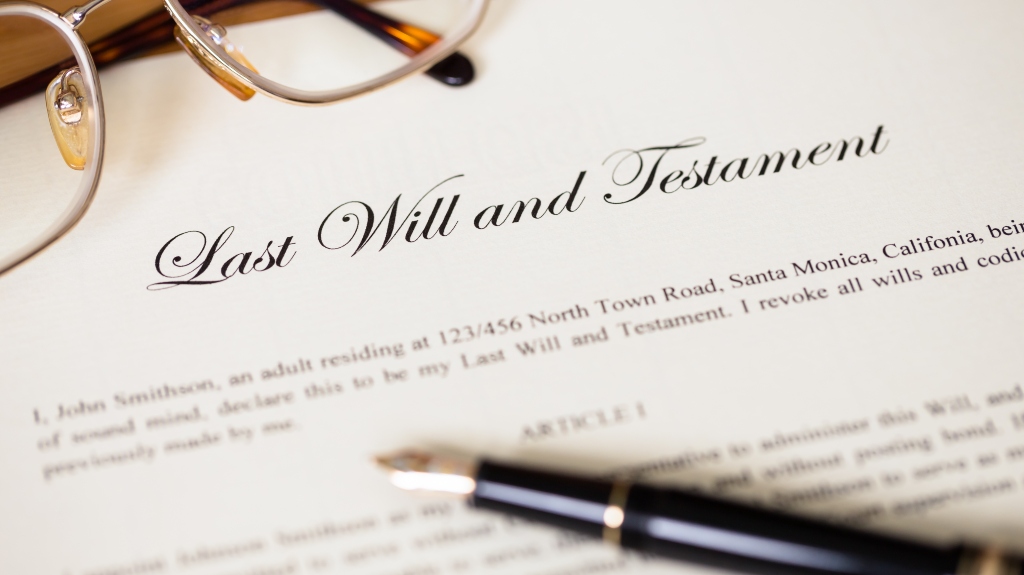
Most of us know you need at least a will for your estate plan. A will can specify what happens after your death and how your assets are passed to your family. But what happens when there is no will? Well, then, asset distribution can become a little complicated. This scenario is known as intestate. Find out what you need to know when someone dies with no will in Wisconsin.
What Is Wisconsin Intestate Succession?
When someone passes away without a will, they have died “intestate.” In this situation, they will lose control of what happens to their assets after they pass. Wisconsin probate court will follow the intestate succession laws to determine who can receive these assets.
The laws make sure the deceased’s property will pass to the next closest relative, which is usually the spouse. But if there is no surviving spouse, it could be passed to children, siblings, or even parents.
Basic Rules for Intestate Succession
The basic rules for intestate succession in Wisconsin are outlined in Chapter 852 of the Wisconsin Legislature. The distribution of the estate of a decedent depends on the deceased’s surviving relatives.
Spousal Rights
According to Wisconsin law, if there is a surviving spouse, then they can claim the deceased’s estate. Also, if a spouse survives the deceased, and all descendants are children of that spouse, the spouse inherits the entirety of the estate.
However, the dynamics can shift if the deceased person has descendants but is unrelated to the surviving spouse. In these cases, the surviving spouse will only inherit half of the deceased’s property. With these laws, even those children from a previous relationship are entitled to a fair portion of the estate.
Descendants’ Rights
If a person passes away without a surviving spouse, then matters can change. At this point, the descendants will inherit the estate after it has proceeded through probate. These individuals can include:
- Children
- Grandchildren
- Great-grandchildren
Community Property Laws
As a community property state, Wisconsin considers all assets acquired during a marriage as equally owned by both spouses. If there is any earned income and property brought into the marriage, it is considered joint property. However, inheritance or gifts to one spouse will remain separate property.
Why You Need a Will
While intestate succession laws provide a default plan, it may not align with the decedent’s wishes. For example, that individual might have wanted to leave assets to a close friend, a charity, or distant relatives. However, once that person passes away without a will, that is not possible under intestate succession. With a will, you can ensure that your assets are distributed according to your wishes.
Reach Out for Legal Assistance
Understanding intestate succession laws can be complex. If you find yourself in a situation where a relative has left no will in Wisconsin, you may want to reach out for legal advice to ensure the decedent’s assets are distributed correctly.
And if you don’t have a will, there is time to create one. This document can clear up confusion about your assets, ensuring that your loved ones remember your legacy instead of fighting over it.
Get a Plan in Place for Your Estate
If you want to draft a will, the Collins Law Firm provides estate planning, estate administration, business law, and elder law services. We proudly serve Southeastern Wisconsin and the Milwaukee area.
Our estate planning legal team has decades of experience to help you protect your legacy. Contact us or call (414) 207- 6292. Schedule your free and confidential consultation today!